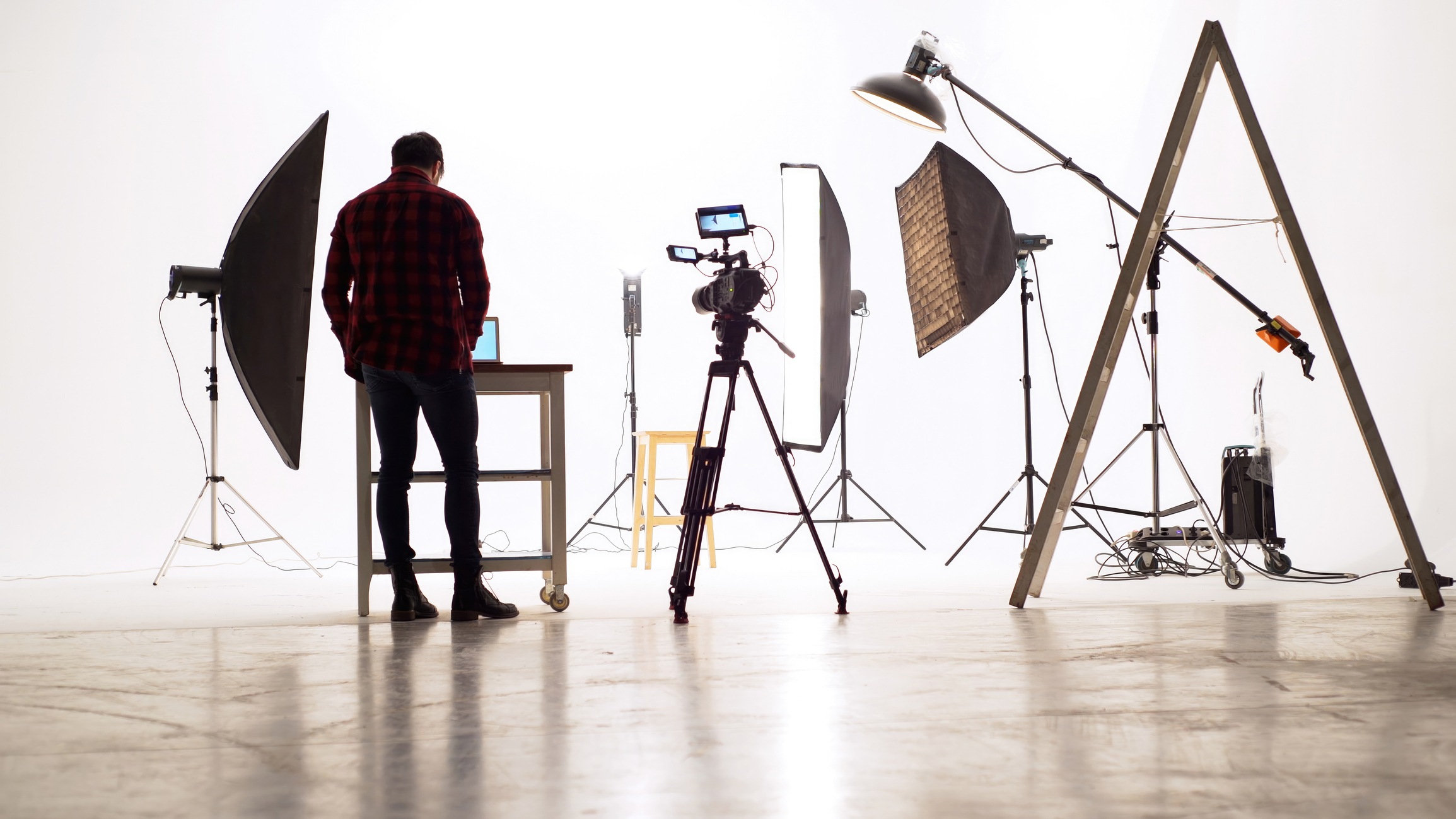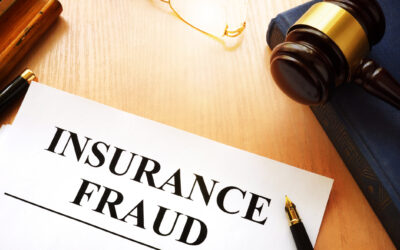Nowadays, anyone can make a movie: we’re living in a time in which digital recording equipment has never been more abundant and inexpensive. However, just because people can jump in and decide to make a movie or commercial, doesn’t mean they should start shooting without insurance.
Much like insuring a car or home, insurance for a film protects those involved in the production from financial hardship in the worst-case scenarios. Anything can happen on a film set, so you need to be prepared.
What types of insurance does a production need?
The insurance for filming is bundled from many different types of insurance. This includes but is not limited to:
Commercial general liability insurance. Covers bodily injuries and property damages to third parties (e.g., a passerby accidentally trips on a wire on set/location and is hurt, a light is knocked off balance and destroys a piece of property not connected to the shoot).
Commercial auto insurance. If the production features vehicles, uses rental vehicles or requires vehicles for the employees, then it must have commercial auto insurance.
Umbrella insurance. Handy to have in case the primary insurance can’t fully cover a claim.
Film equipment insurance. If people are renting film equipment, they will almost certainly be asked by the rental house to insure it.
Workers’ compensation. If a film shoot has employees, workers’ compensation insurance is required to provide them with wages and medical benefits in case they are injured.
Errors & omissions insurance. Protects a film from any legal issues it may run into, which includes copyright infringement, defamation, piracy and more.
Specialty production insurance. Films with intense stunts may require additional insurance to cover them.
Film insurance is incredibly flexible and can be shaped by the policyholders to meet their needs. They may need less insurance—or can go without certain policies—if they are working a smaller production.
In fact, a film insurance policy can be tweaked to cover short-term and long-term shooting periods.
Why is insurance for movie sets so important?
There are a few things as chaotic as a film set. Aside from clashing egos between cast and crew, directors and actors, film sets are loaded with equipment and props that could do life-threatening damage if they are mishandled—this extends to stunts and physical comedy, too.
The tragic and accidental shooting of cinematographer Halyna Hutchins and director Joel Souza on the set of the film, Rust, has put renewed scrutiny on film safety, firearm safety, and poor working conditions on sets. This incident not only emphasizes the need for completely safe sets, but also emphasizes the importance of having some sort of insurance to compensate victims and other parties.
Lights, camera …
Before you yell “Action!,” talk to your independent insurance agent. If you want to break into film, or shoot commercials, then insurance is a must.
While it is unlikely that you’ll make risky choices during your production, anything can go wrong on a shoot—the equipment may be mishandled, a passerby may trip over part of your set, copyright issues may come up, the list goes on and on.
That’s why it’s important to make sure you have the right insurance coverage before the camera starts rolling.
Matt McDonough is PIA Northeast's writer, editor and content curator. Matt joined PIA Northeast in September 2023. Before that, he had been an editor for the online entertainment magazine Collider from 2021-23 as a copy editor for its lists section. Matt entered the world of journalism at his alma mater, SUNY New Paltz, writing and reporting for the college's student run newspaper, The New Paltz Oracle. He graduated from SUNY New Paltz with a Bachelor of Arts in English and a minor in Creative Writing in 2020.






